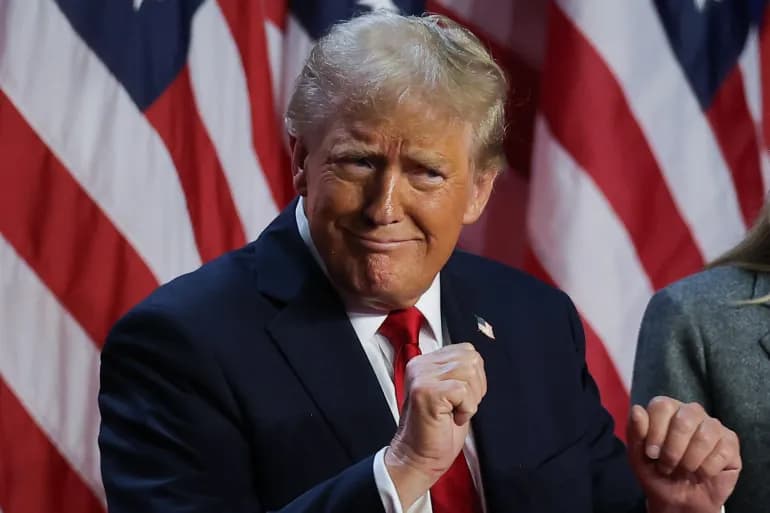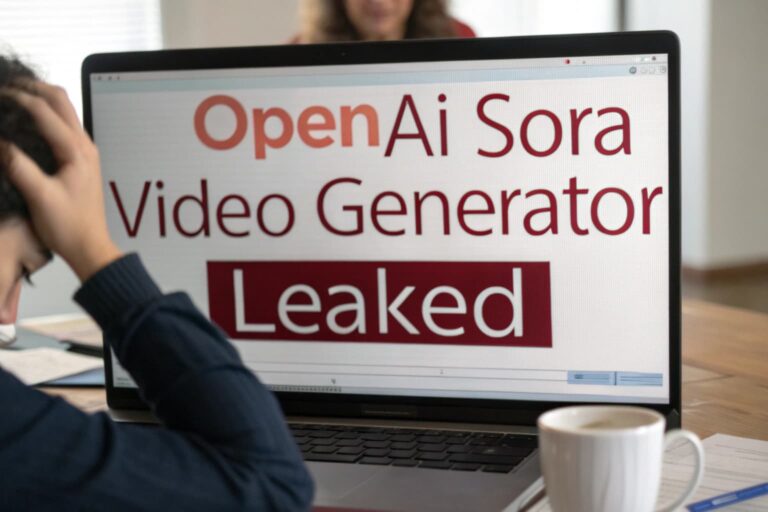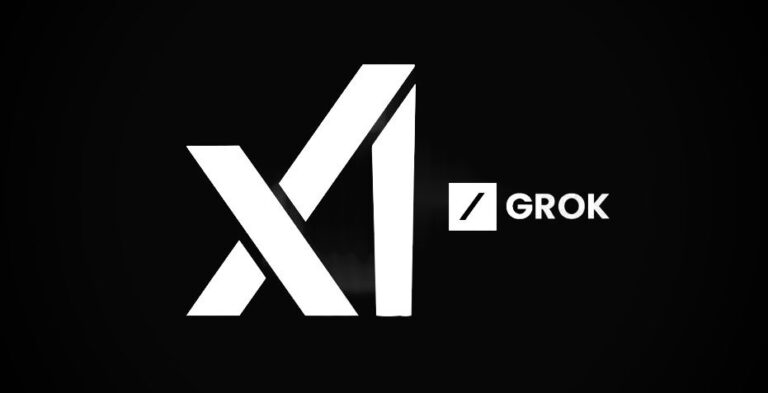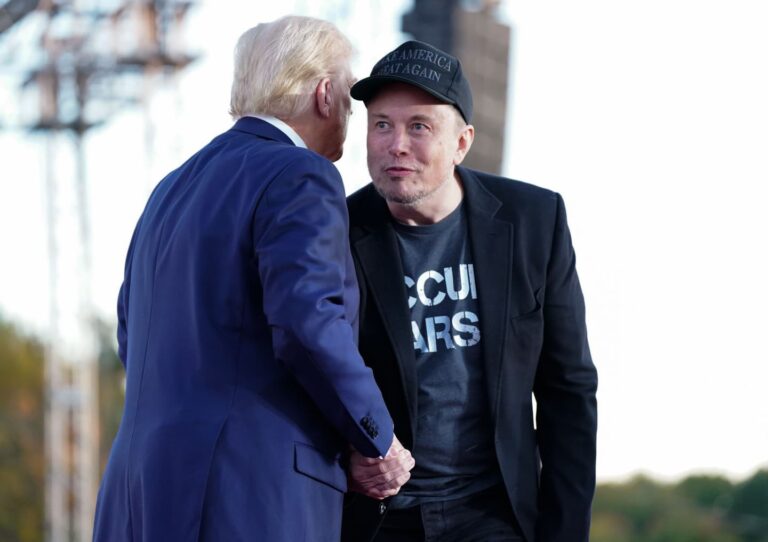Trump’s Presidency: Implications for the AI Industry
The grueling election cycle has concluded, and Donald Trump is set to become the 47th President of the United States, with Republicans likely to control the Senate and possibly the House. This seismic shift in power will profoundly impact the AI industry, which has largely opposed federal policymaking. Trump’s allies are poised to revolutionize the highest echelons of government, with far-reaching consequences for Artificial Intelligence (AI) regulation.
Biden’s AI Policy Framework Under Threat
Trump has vowed to dismantle President Biden’s AI policy framework on “day one.” Introduced in October 2023 via executive order, the AI Executive Order (EO) addressed various aspects, including advancing AI in healthcare, mitigating IP theft risks, and establishing reporting requirements for powerful AI models. Critics argue that these requirements are onerous, forcing companies to reveal trade secrets, which could deter innovation and entrench existing tech incumbents.
Concerns Over Censorship and Regulation
Some Republicans equate the National Institute of Standards and Technology’s (NIST) work on AI with censorship, accusing the Biden administration of promoting liberal notions on disinformation and bias. Trump has publicly mirrored these sentiments, stating that he will “cancel Biden’s artificial intelligence executive order and ban the use of AI to censor the speech of American citizens on day one.” This raises questions about the future of AI regulation and the potential for a more light-touch approach under the new administration.
Replacing the AI EO: Uncertainty Reigns
Trump’s previous AI executive orders focused on establishing national AI research institutes, prioritizing AI R&D in federal agencies, and protecting civil liberties. However, his new approach remains unclear. Some potential developments include NIST focusing on physical safety risks, such as bioweapon prevention, while potentially jeopardizing other guidance aspects. The uncertain fate of the U.S. AI Safety Institute (AISI), established under Biden’s EO, also hangs in the balance.
Expert Insights: A Light-Touch Regulatory Regime?
According to Sarah Kreps, a political scientist, no major AI regulation is expected from the White House in the next four years. Dean Ball, a research fellow, foresees a light-touch regulatory regime, potentially emboldening state governments to fill the void. This could lead to a patchwork of state-level regulations, adding complexity for AI developers. Hamid Ekbia, a professor, warns that Trump’s protectionist policies may lead to tighter export controls on China, affecting AI development and global regulation.
Global Implications and the Future of AI Governance
The potential implications of Trump’s presidency on the AI industry are far-reaching. Matt Mittelsteadt, a research fellow, suggests that potential tariffs could squeeze AI R&D funding, while Sandra Wachter, a professor in data ethics, urges regulators to prioritize addressing AI risks, regardless of political affiliations, to find global solutions. As the AI landscape continues to evolve, one thing is clear: the need for effective, collaborative governance has never been more pressing.






